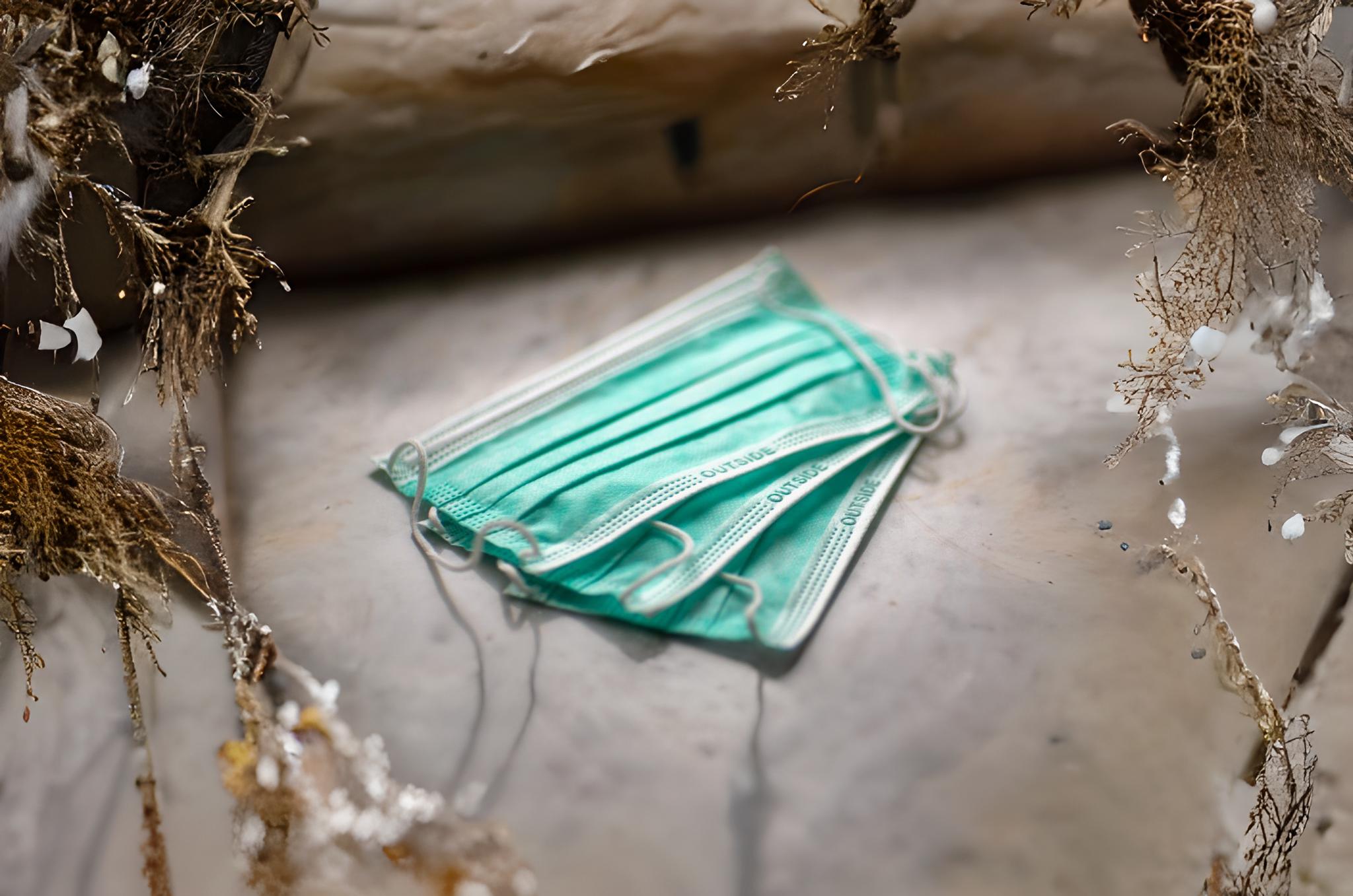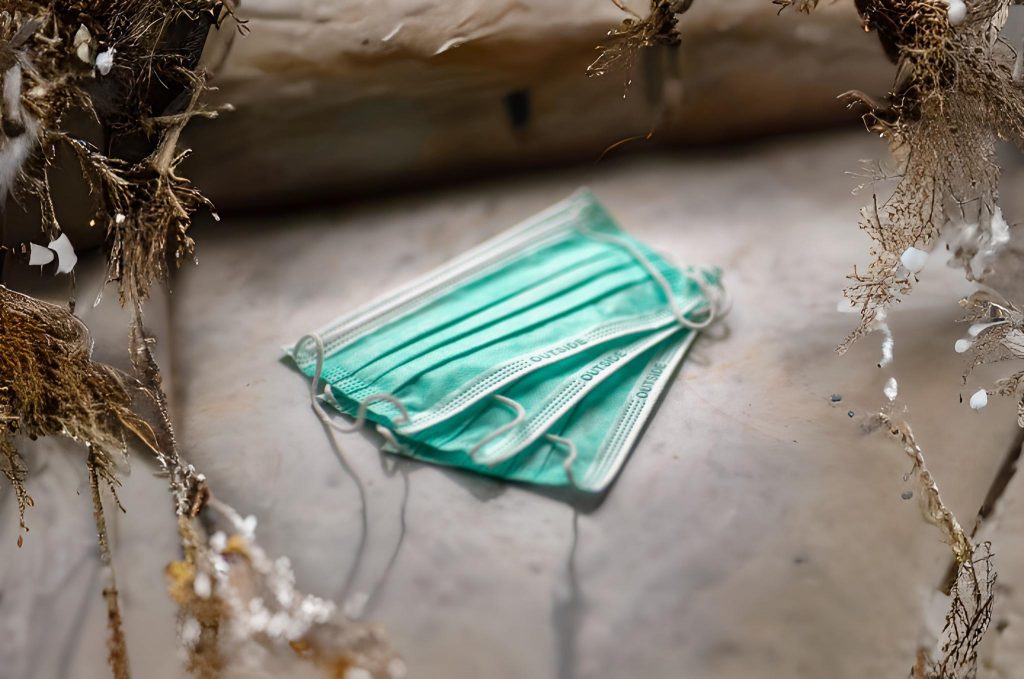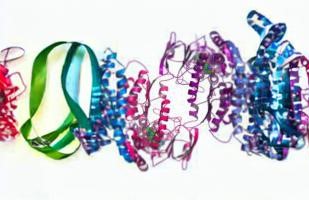Continuing Clinical Trials under Covid-19
 6 years ago
By Josh Neil
6 years ago
By Josh Neil

On 26 March 2020, Proventa International collaborated with ARENSIA on the first of a series of webinars looking at business continuity in the event of global pandemics. The webinar, which featured high levels of viewer engagement and a number of questions put to the host, looked at trial safety and enrolment during a crisis, staff continuity and switching to home visits, among many other topics.
ARENSIA
ARENSIA is a German operator of propriety research clinics across Eastern Europe. It specialises in phase 1 and 2 proof-of-concept clinical trials which require patients. These studies generally imply intensive PK/PD assessments and in-depth investigations associated with long hospital stays or ambulatory visits.
With clinics in Moldova, Georgia, Ukraine and Romania, ARENSIA has continued its clinical trials during the Covid-19 outbreak. Claudia Hesselmann, CEO and CO-Founder of ARENSIA, Dr. med. Eugenia Prohin, Manager Clinical Operations, Dr. Angela Bischoff, Director Clinical Operations and Tatiana Beletskaya, Director Corporate Development at ARENSIA, were some of the ARENSIA staff present to talk about how clinics can prepare themselves so trials can continue safely.
The ARENSIA team began by discussing current guidance around what clinics should do under Covid-19. They mentioned the recent EMA and FDA guidelines, as well as the expected upcoming changes in IMP handling and monitoring and possible future protocol deviations due to be considered by the respective agencies and their inspectors.
The Patient as Priority
ARENSIA began with their measures to ensure the patient is kept safe and retention remains high. Safety measures instituted by the company include:
- Private car transportation to bring patients to the clinic, and a separate entrance to ensure reduced risk of infection
- No interaction between patients, and a strict visit schedule that ensured no overlap or waiting time
- Upgraded hygiene rules for patients, staff and work surfaces
Retention, meanwhile, is bolstered by ensuring all Covid-related changes are comprehensively discussed with the patient, including all risks and prevention processes. This is doubly necessary as ARENSIA noted that patients are rarely willing to compromise on the continuation of treatment for their medical condition.
These safety measures and greater dedication to constant information will, in turn, ensure patients will continue to enrol in studies confidently, and that medical needs stay independent of the pandemic. As Claudia noted, not one patient has yet dropped out of an ARENSIA study due to the crisis.
One webinar attendee raised the point that sponsors are reluctant to initiate new studies and enrol patients during the Covid-19 pandemic. He asked, given the current global conditions, whether the patients joining a clinical trial maybe put at extra risk of contracting the coronavirus.
In response, ARENSIA noted that in Eastern Europe particularly patients with Covid are treated in separate hospitals than those without: all precautions have already been taken to ensure clinical trial patients will not be exposed to any Covid-19-related risks.
Operational Continuity of the Clinic
As far as staff are concerned, ARENSIA has also taken strong precautions to ensure the pandemic is not overly disruptive. Staff have been separated into teams working on separate shifts, with no teams interacting. Other precautions include:
- Working as though every patient has Covid-19, and suiting staff accordingly
- Limiting staff and patient exposure to a maximum of two people
- All non-disposal equipment sterilised after every use
A webinar viewer asked whether organising strict schedules so patients do not interact with too many others is limiting the number of days a week clinicians could see patients. ARENSIA answered that quite the opposite was true: staff are working more days at this point to ensure all duties on-site can be performed on time and that patients cannot see one another.
ARENSIA has also implemented several measures for its facilities themselves. These include:
- Patients are conducted inside the facility by only one designated staff member, with access to one designated exam room
- Stringent disinfection of work surfaces, including bed and door handles and patient tables in all clinic areas
As far as logistics are involved, ARENSIA has resolved to ensure daily status updates from its courier companies. It will also monitor custom clearance activities, ensure close supervision of the lab schedule to reduce delays and plan supply delivery with additional time to cope with any delays that occur.
Remote Operation
ARENSIA then discussed their plan B option in case further measures were needed: remote visits for patients. Switching to home visits requires a number of steps for clinicians to make: First, a feasibility assessment which takes into account possible procedures is conducted to determine any protocol changes to be made for further flexibility. After this, notification must be sent to the trial sponsor as well as regulatory bodies and the ethics commission.
ARENSIA noted that dosing can be done at home. Risk assessments can be adapted for home visits, with projects underway to keep patients supplied who depend on regular dosing.
ARENSIA also announced it was hiring additional staff to cope with the situation. While these were primarily for simple tasks, it prevented overload from the increased burden on all staff on their sites.
One webinar viewer described their own experience implementing home-trial measures. In their work, visits are conducted via telemedicine to avoid patients coming to sites. They said that there had been some interruption of supplies and difficulty getting medicines to patients on certain sites. In other sites, they had to change the informed consent process alongside the ethics committee. While this process went swiftly, certain protocols did need to be changed.
The viewer concluded that while they still had some concerns getting materials into certain countries, it was gratifying to hear that ARENSIA was coping so well with the changes caused by Covid-19.
Preparing New Projects
Finally, ARENSIA discussed how to continue overall research and even begin new projects during a pandemic. They pointed out that this situation would not end for at least several months. In that time, operations and studies will continue, and new studies can be planned and started. As needed, remote monitoring, site initiation and site qualification visits can be done by video.
They noted that even now regulatory authorities are still accepting and approving documents, translating companies are still working and courier organisations are continuing to ship trial supplies and IMP.
ARENSIA recommended that projects teams should be created to look at documents and adapt them to ensure business continued as usual.
Bases for Discussion
Webinar viewers brought up several questions during the chat. The first question raised looked at the challenges organisations were facing with business continuity in the light of the outbreak. Some of the key issues highlighted by the group included:
- Missing patient visits, either online or on-site, through quarantine or sickness, and the impact on study integrity this has
- Ensuring all necessary compliance protocols are in place before drugs are delivered to the patient
- Getting the drug supply to patients at all, when many institutions are locked down
- Conducting lab tests, often requiring companies to go to local labs rather than central ones
A final question asked by attendees was which key elements of clinical research will be changed for good after Covid-19. ARENSIA team members responded that things are changing right now. Across the world, online working is rapidly rising. Many online submissions are being sent to regulators and key aspects of the clinical trial process moving rapidly online/remote.
They concluded that in future, the sector must be more proactive with protocol changes, to match disruptions caused by a pandemic. While no-one can predict how processes will differ post-Covid-19, all agreed the changes would be fascinating to witness.

How to Reduce the Cost of Clinical Trial Supply Chain While Maintaining Quality and Efficiency
Clinical trial supply chain is a critical component of drug development, ensuring that drugs are available for testing, regulatory approval, and distribution. However, managing this supply chain can be challenging, with factors such as cost, quality, and efficiency all coming...
3 years agoHow to Reduce the Cost of Clinical Trial Supply Chain While Maintaining Quality and Efficiency
Clinical trial supply chain is a critical component of drug development, ensuring that drugs are available for testing, regulatory approval, and distribution. However, managing this supply chain can be challenging, with factors such as cost, quality, and efficiency all coming...
3 years ago
Raising Representation in Clinical Trials: An Interview with Liz Beatty, Inato
The COVID-19 pandemic created a significant shortage of suitable patients for clinical trials worldwide. Within this crisis was another more serious issue around inclusion and representation, driven by COVID’s disparate effect on certain ethnicities, that spoke to a wider issue...
5 years agoRaising Representation in Clinical Trials: An Interview with Liz Beatty, Inato
The COVID-19 pandemic created a significant shortage of suitable patients for clinical trials worldwide. Within this crisis was another more serious issue around inclusion and representation, driven by COVID’s disparate effect on certain ethnicities, that spoke to a wider issue...
5 years ago
DeepMind’s AI Predicts Structures for More Than 350,000 Proteins
In 2003, researchers sequenced approximately 92% of the human genome, a huge achievement and very recently researchers have completed the entire process. Now, the latest innovation in AI technology has predicted the structure of nearly the entire human proteome. The...
5 years agoDeepMind’s AI Predicts Structures for More Than 350,000 Proteins
In 2003, researchers sequenced approximately 92% of the human genome, a huge achievement and very recently researchers have completed the entire process. Now, the latest innovation in AI technology has predicted the structure of nearly the entire human proteome. The...
5 years ago